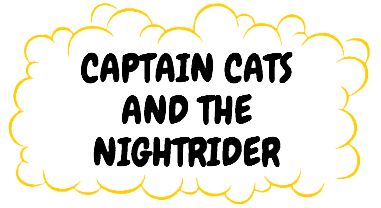Yo ho! Nightrider here!
Samurai movies, such as Akira Kurosawa’s Yojimbo, Sanjuro, and Seven Samurai, are held in very high regard throughout the world in terms of storytelling, timing, and influence to world cinema. Close your eyes on the movies and what do you get? A great movie soundtrack that stands apart from modern composers. Depending on exactly which movie you are watching, one can hear the drama and sword fighting through music; one could also appreciate traditional Japanese instrumentations whether the instruments are fused with modern Western musical instruments or not.
In this edition of Underground, we’ll look at a few musical pieces from a few movies and possibly compare and contrast their use of musical instruments and influences.
Goyōkiba, or Hanzo the Razor: Sword of Justice, was released in 1972. The soundtrack is a mix of funk, rock and electronic music. The film version of “Goyōkiba’s Theme” in which the protagonist, Hanzo, is walking the streets of Tokyo stopping a crook who gives him valuable news about a killer that escaped a prison. This is Japanese funk with jazz: smooth with a consistent beat that resembles walking the streets with pure confidence (but why funk in a samurai movie?). Composed by Murai Kunihiko, this piece sets the tone of Hanzo’s notorious actions for the sake of justice.
Kozure Ōkami, or Lone Wolf and Cub, had six movies produced from 1972 to 1974. For this installment, let’s focus on the first movie Lone Wolf and Cub: Sword of Vengeance. The piece ““Birds and Beasts” [starting at 32:10 and ending at 34:16] is a relatively peaceful melody using traditional Japanese instruments. You could pretend that you are walking in a forest where the birds and beasts are going about their business with nature, but there still is a factor of danger within the music since that same forest could be hiding assassins.
Yojimbo, Akira Kurosawa’s classic that was remade as Sergio Leone’s A Fistful of Dollars, is a classic of world cinema that cannot be ignored as its influence on Western cinema is apparent. The title music of Yojimbo is a mix of Japanese instruments and Western instruments that give the movie as a whole a dramatic epic. Conducted by Masaru Satoh, this piece was completely unique compared to the prominent movie music of 1961.
Today’s young peoples are getting into the soundtracks of movie music. The Samurai Western music in samurai films is not to be ignored. But if you want to collect them in physical form, look very hard as most of these masterpieces are either out of print or waiting to come back as either vinyl or digital downloads.

Recent Comments